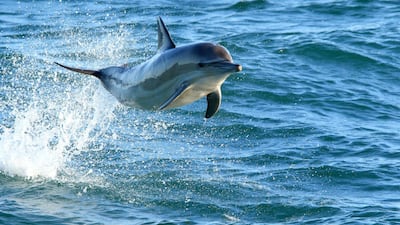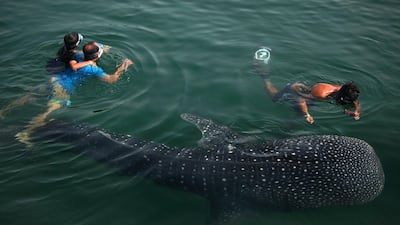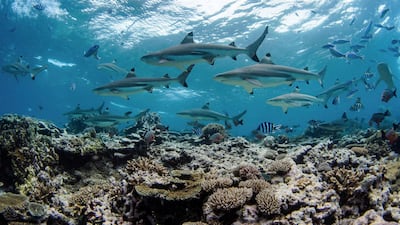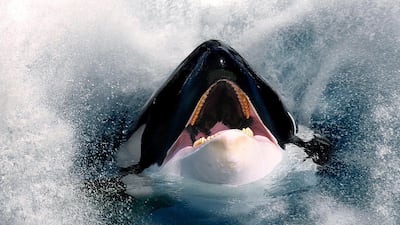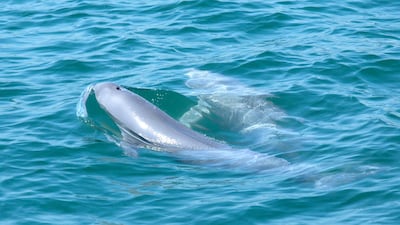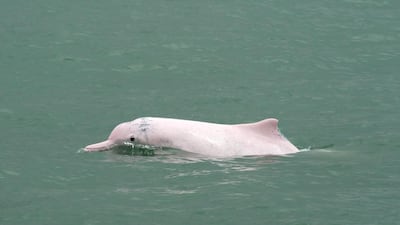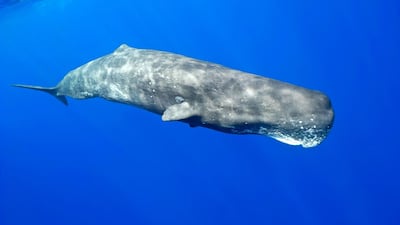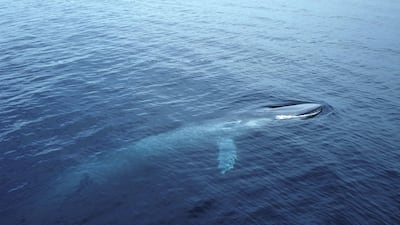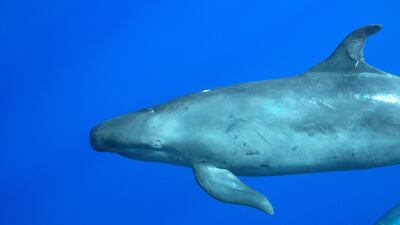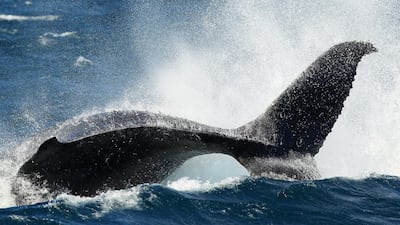Scientists have revealed an alarming increase in the frequency of marine heatwaves, which can rapidly kill off sea life and devastate ecosystems, further compounding the known threats of climate change.
The first global analysis to measure the impact of temperature spikes in the ocean found that they had already damaged ecosystems across the world and were likely to become even more destructive, with “devastating consequences for human health, economies and the environment”.
The number of marine heatwave days has increased by more than 50 per cent since the mid-20th century, a group of international researchers reported in the journal Nature Climate Change.
A marine heatwave is defined as at least five days where seawater temperatures are “extremely high” for the location.
"Globally, marine heatwaves are becoming more frequent and prolonged, and record-breaking events have been observed in most ocean basins in the past decade," lead author Dan Smale, a researcher at the Marine Biological Association in Plymouth, Britain, told AFP.
Mr Smale worked with a team derived from 19 research centres to analyse data from more than 1,000 field studies.
While corals have been the more public face of rising ocean temperatures, recent marine heatwaves have been blamed for killing off large swathes of seagrass meadows and kelp forests, which play a vital role in carbon sequestration — a process by which carbon dioxide is removed from the atmosphere and held in solid or liquid form — and in providing habitats and food for fish and marine animals.
"Just as atmospheric heatwaves can destroy crops, forests and animal populations, marine heatwaves can devastate ocean ecosystems,” Mr Smale said.
The study found that besides environmental damage, marine heatwaves had severe impacts on coastal economies. In one example, a 10-week marine heatwave in 2011 off Western Australia, known as the “Ningaloo Nino” after the Ningaloo Reef, caused so much damage to the ecosystem that it pushed commercial fish species into colder waters permanently.
The new study comes as Australia's hottest summer on record drew to a close with a series of raging bushfires. Hundreds of firefighters were battling blazes in southern Australia after a days-long heatwave sent temperatures towards 40 degrees Celsius at the weekend.
World experts are gathering at the World Ocean Summit in Abu Dhabi this week to debate key issues affecting marine environments, including overfishing, aquaculture and climate change.
____________
Marine giants: The big visitors to UAE waters

